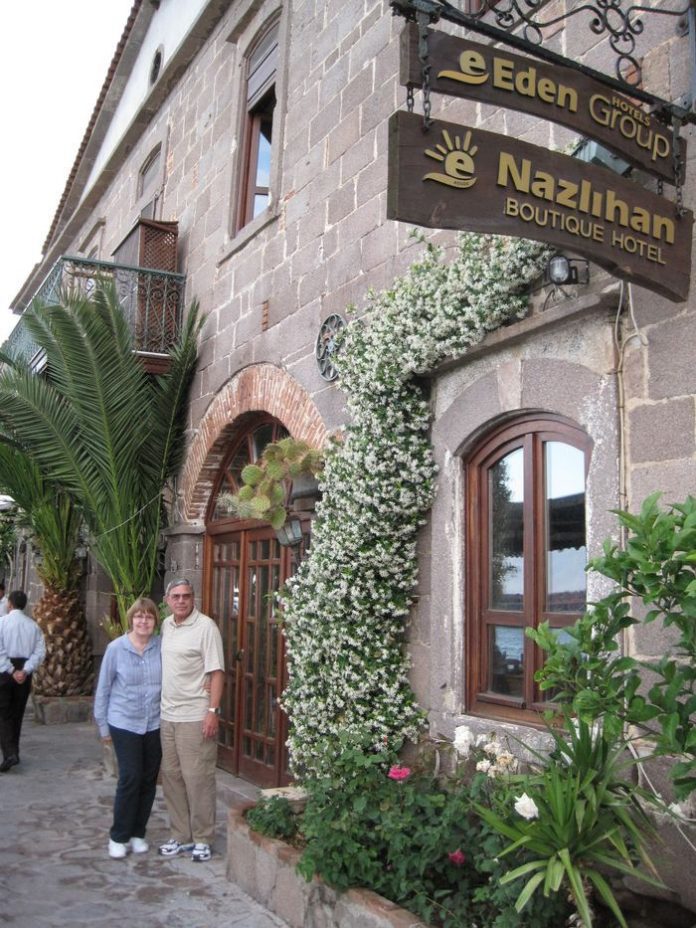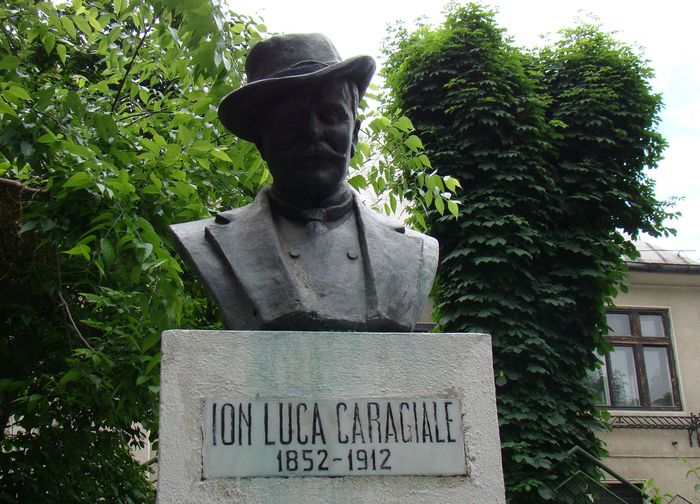Equality and Education
Serbia is a democratic country where no one, except the King, holds a title. Property is divided equally among sons, ensuring fairness in land ownership. Education is free for everyone, from elementary school all the way to university. This commitment to education helps create an informed and capable population. Additionally, corporal punishment is not allowed in schools, reflecting a more compassionate approach to teaching.
Religion and Culture
Most Serbs belong to the Serbian National Church, but they do not attend church regularly, except during festival times. For them, these occasions are as much about socializing and enjoying picnics as they are about worship. Despite this, the Serbs are known for their moral values. However, being a mountain people, they are also quite superstitious. For example, they hang garlic to ward off evil spirits and use dolls in windows to signal that a widow is open to remarriage Customized Istanbul City Tour.
Taxes and Local Contributions
Taxes in Serbia are relatively low, but many politicians call for further reductions. To avoid paying certain rates, peasants often contribute two or three days of labor each year to fix the roads. This practice results in roads that can be quite unpredictable. Some roads are well-maintained, while others are in terrible condition. This inconsistency can be compared to a character in a poem who is “very, very good” at times but “horrid” at others.
Military Service and Conscription
Serbia has a system of conscription, meaning every man aged 21 to 45 is required to serve in the military. The pay for military service is low, which raises questions about how young officers manage to look so sharp on a modest income. During peacetime, Serbia maintains an army of just over 20,000 men, but in times of war, it can mobilize more than 300,000 soldiers.
Each young man serves two years in the military and then enters the reserves, where he may be called up for service for a certain number of days each year. This requirement continues until he turns 30, with reduced obligations until he is 40. After that, he is only called in emergencies. Most Serbs accept this conscription as a normal part of life, understanding that they may be needed to defend their nation at any time Serbia’s Economic Ties with Austria.
Overall, Serbia is a country that values democracy, education, and a strong sense of community. While the people are faced with challenges like conscription and inconsistent road maintenance, they carry these burdens with resilience. With a population of under three million, the Serbian spirit remains strong, rooted in their traditions and commitment to their land.








